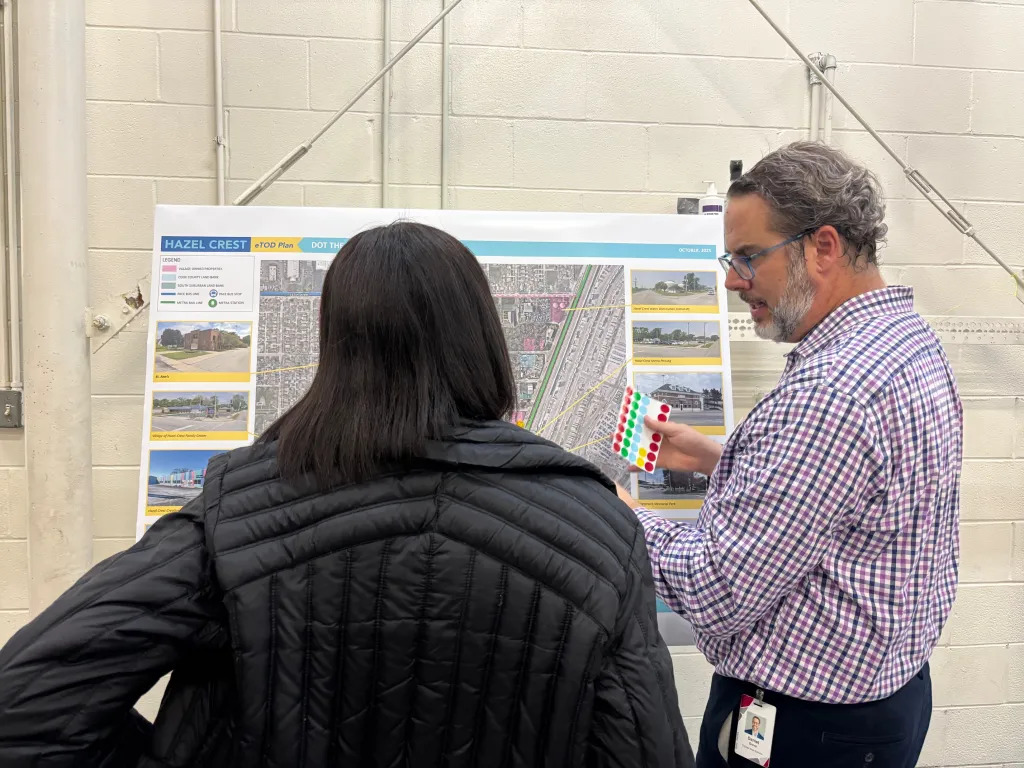Copyright newsday

This week's column focuses on TT Chamber CEO Vashti Guyadeen's remarks at the Caribbean Women in Trade conference in Saint Lucia. For decades, the Caribbean’s economic story has been written through what we export – oil, gas, tourism and rum. But the next chapter must be written through who we empower – our women, innovators and small enterprises. That is where the true potential of the bioeconomy lies. It is a privilege addressing you in my dual capacity as president of Caribbean Women in Trade (CWIT) and CEO of the TT Chamber of Industry and Commerce. CWIT, founded in 2020, is a regional, women-led network spanning across Caricom, dedicated to advancing women’s participation in trade. The TT Chamber, in turn, is the nation’s oldest and largest business organisation, representing the breadth of our private sector. These dual roles place me at a unique crossroads where gender inclusion meets mainstream industry, and where sustainable trade, innovation and growth depend on the full participation of all. I will share how we can shape a more inclusive and sustainable trade and bioeconomy agenda for the Caribbean. CWIT’s vision: Women driving trade growth Too often, women are not part of the Caribbean’s current development equation and these gender disparities continue to hold back our region’s economic growth. It is precisely this gap that CWIT seeks to close. Let me begin with our vision for the next two years. Our mission is simple yet powerful: to build a community that advances Caribbean women in international trade. We will pursue this through three strategic initiatives focused on data, mentorship and storytelling – the true pillars of inclusive growth. First, measuring women’s economic contribution. CWIT will lead a landmark study to quantify women’s role in Caribbean GDP, particularly in trade in services. Too often, women’s economic impact is invisible in official data. By making it visible in sectors such as tourism, finance and the creative industries, we provide policymakers and business leaders with evidence to design more inclusive growth strategies. Second, creating a mentorship platform. This regional network will connect emerging women entrepreneurs with experienced leaders and industry experts. Through one-on-one mentorship, peer circles and coaching across borders, we aim to break the isolation many women face and build an ecosystem of support that accelerates business success. Third, amplifying women innovators. CWIT will launch once funding is secured, a regional storytelling and recognition initiative to showcase women-led innovations from agro-processing to fintech. By spotlighting success, we inspire others, attract investment and affirm that women are central to the Caribbean’s innovation economy. Together, these three strategies shape CWIT’s vision of an inclusive trade future, where women’s contributions are recognised, their enterprises thrive, and their stories inspire the next generation. We invite governments, development agencies and private-sector partners to join us in turning this vision into reality. The bioeconomy: A new frontier Imagine an economy that grows not by depleting our resources, but by regenerating them. That is the promise of the bioeconomy the next frontier for Caribbean trade and sustainable development. The bioeconomy harnesses our biological resources, scientific knowledge and traditional wisdom to produce renewable goods and services from agriculture and fisheries to biotechnology, bio-based manufacturing and green energy. It is a pathway to prosperity that is inclusive, resilient and climate smart. Crucially, success depends on metrics and accountability. As a fellow developing economy, South Africa has demonstrated how strategic vision and strong policy co-ordination can turn biological wealth into competitive advantage. South Africa’s experience shows that a thriving bioeconomy is not only visionary but measurable. By developing indicators to track its growth from jobs created and women employed to emissions reduced they have built both credibility and investor confidence. The Caribbean can and should leverage South Africa’s success by adapting lessons from a peer nation that understands the realities of small and medium enterprises, social equity and climate resilience. A Caribbean bioeconomy index could track progress, drive transparency and ensure that the bioeconomy becomes a genuine pillar of regional development, not just a buzzword. As we chart our path, let us learn from others’ successes and craft a Caribbean model that values innovation, local knowledge and shared prosperity – a bioeconomy that truly works for our people and our planet. Home-grown innovations in TT Talking about the bioeconomy is one thing, seeing it come to life is another. Across TT, practical innovations are already demonstrating what a sustainable, circular and inclusive economy can look like. Take PriceSmart’s sustainable packaging plant, launched in 2023, a US$3.7 million investment producing biodegradable food packaging from plant-based resins. It signals that our private sector is ready to drive a plastic-free, waste-free future, with women leading many of these green enterprises. Imagine if every food container, straw and bag used across Caricom’s tourism industry came from local bio-based firms creating jobs while keeping our islands clean. From Tobago’s biogas pilot with Barbados to eco-packaging in Trinidad, these examples prove the bioeconomy is already taking root. Each initiative reflects a core principle – partnership, innovation and green industry. If we replicate and scale these efforts across Caricom, we can transform sparks of innovation into a regional bioeconomy that sustains both our people and our planet. Catalyst 2025: Redefining the chamber’s role Earlier this year, the TT Chamber with support from CAF and the Eximbank of TT, hosted Catalyst 2025, a two-day SME conference that reshaped how we view our role as a business chamber. What began as an event to empower entrepreneurs became a revelation: SMEs don’t just need conferences they need continuity, mentorship and a community that lasts beyond the event. Participants asked for year-round engagement with industry leaders, not one-off interactions. This reinforced a powerful lesson: thriving business ecosystems from Silicon Valley to Santiago are built on sustained mentorship, collaboration and shared learning. In response, we have transformed from being event conveners to ecosystem builders. Since Catalyst 2025, the chamber has launched a year-round SME platform with toolkits, monthly mentorship sessions and workshops on finance, marketing, and now, sustainable and bio-based business opportunities. This shift directly supports the bioeconomy transition. The green and bio-based enterprises we want to nurture are often new, small and led by under-represented groups. They need networks, visibility and advocacy. The chamber is now committed to integrating these innovators into our membership, supporting pilot projects and championing policies that enable them to thrive. In essence, the chamber sees itself as a catalyst for transformation guiding SMEs into the era of sustainability and bio-innovation. Our success will no longer be measured only by how well-established industries perform, but by how readily new, inclusive and green enterprises can emerge and scale. A call to action Let us look ahead not with hesitation, but with purpose. Crafting a sustainable and inclusive trade and bioeconomy agenda for Caricom is no longer an abstract vision; it is the next phase of our regional transformation. The next steps are clear. First, we must measure what matters, developing regional indicators that capture women’s economic contributions, green enterprise growth, and the true value of our biodiversity assets. By establishing a Caribbean Bioeconomy Index, we can track progress, demonstrate impact and ensure accountability for the results we seek. Second, we must align policy, research and enterprise. Let us formalise partnerships among chambers of commerce – through CARICHAM and the CPSO, universities, and innovation hubs to turn data into action translating research into scalable solutions and investment-ready projects. Third, we must mobilise smart financing combining public incentives with private capital to bring bio-based ventures to market. On that note, I see synergies that must be explored between Nature Finance and Term Finance in TT. Pilot projects in packaging, recycling and sustainable agriculture should be replicated models across Caricom. Finally, we must encourage more collaboration, ensuring that women entrepreneurs, youth innovators, and researchers are not on the margins but at the centre of this new economic frontier. If we take these steps with focus and unity, the Caribbean can position itself not as a follower, but as a leader in sustainable innovation from the Global South. The groundwork has been laid; now is the time to move from vision to measurable action together. In closing, I am reminded of the Ubuntu principle: "I am because we are, and since we are, therefore I am." It captures the essence of what we are building, a Caribbean where our collective strength defines our progress, and where inclusion and collaboration shape the future we share.



